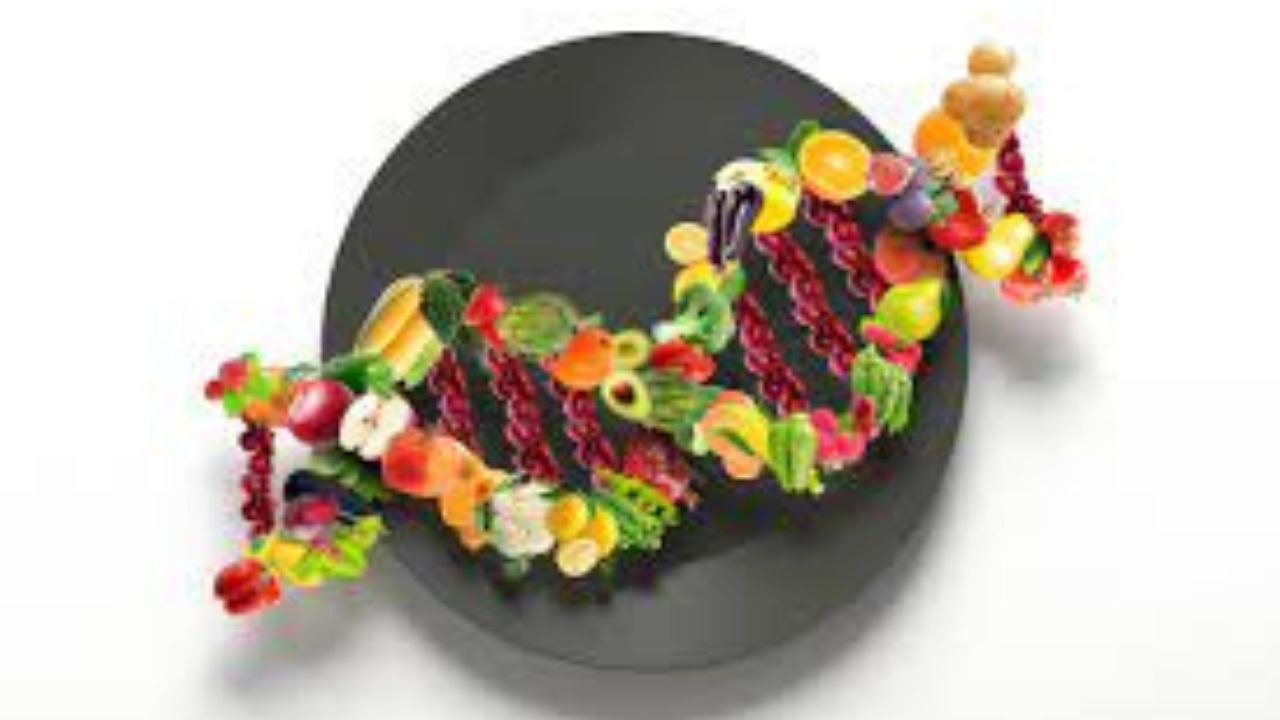Nutrigenomics

Nutrigenomics studies how an individual’s genes interact with the foods and nutrients they consume. The goal is to understand how genetic variations affect how the body processes and responds to different types of foods and nutrients, and how this affects an individual’s health and disease risk. is to By analyzing the genetic makeup of
individuals, researchers can identify genetic variants that may affect their ability to metabolize or utilize specific nutrients. For example, some people may have genetic mutations that affect how the body processes folic acid, a nutrient essential for DNA synthesis and cell division. In such cases, folic acid supplementation may be required to prevent deficiency.
Nutrigenomics can also help identify individuals who may be at increased risk of developing certain health conditions due to their genetic makeup or dietary habits. For example, people with genetic mutations that affect how the body processes saturated fat may be at increased risk of heart disease if they eat a diet high in saturated fat.
As the field of nutrigenomics is still relatively new, further research is needed to fully understand the complex interplay between genes, nutrition and health. However, it could lead to personalized nutritional recommendations and dietary interventions that can help improve health outcomes and reduce the risk of chronic disease.
Specific Content Keywords : Nutrigenomics,Genetic variations,Gene expression,Nutrient-gene interactions,Single nucleotide polymorphisms (SNPs),Personalized nutrition,Metabolism,Epigenetics,Nutrigenetic testing,Biomarkers,Genotype,Phenotype,Gene-nutrient interaction,Gene regulation,Gene regulation,Nutritional genomics.

